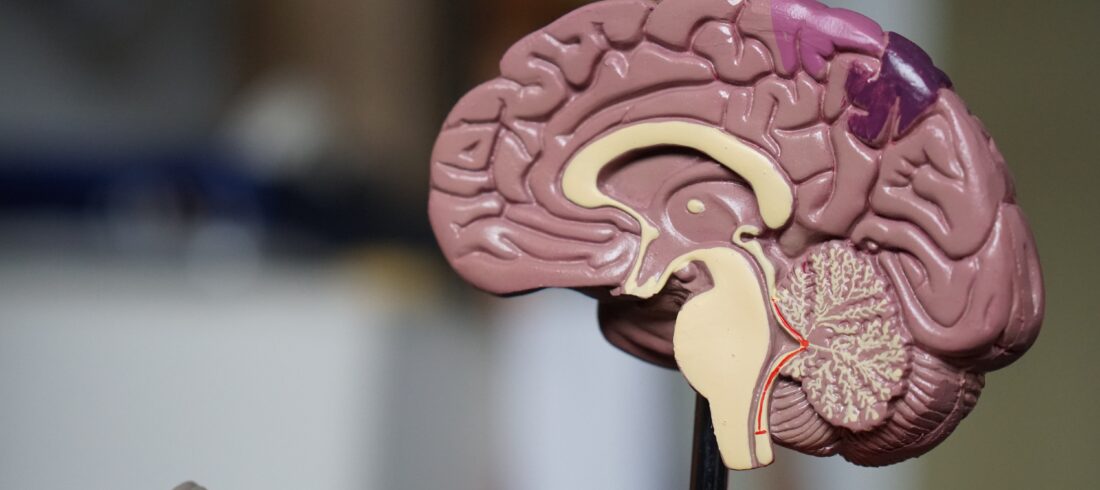Alzheimer’s disease affects over 6 million individuals and their families in the US, leaving an indelible mark on their lives. The impact of this progressive neurological disorder is far-reaching, affecting not only the individuals diagnosed but also their loved ones who witness the slow fading of cherished memories and cognitive abilities.
Understanding Alzheimer’s Disease
Alzheimer’s disease is the most common form of dementia and accounts for 60%-80% of all dementia cases.* This degenerative brain disorder primarily affects memory, thinking skills, and behavior. As Alzheimer’s progresses, it impairs an individual’s ability to carry out daily activities and disrupts their relationships. While the exact cause of Alzheimer’s is still unknown, researchers believe it involves a combination of genetic, lifestyle, and environmental factors.
Alzheimer’s disease progresses slowly over three stages, gradually increasing in severity of symptoms and side effects. In the mild early stages, individuals may experience mild memory lapses and subtle cognitive difficulties. As the disease progresses to moderate, memory loss intensifies, and individuals may require assistance with daily activities. In the advanced severe stages, individuals lose the ability to communicate and become entirely dependent on others for their care. Determining the stage of the disease progression is done once the presence of Alzheimer’s has been diagnosed. There are stages of Alzheimer’s (pre-clinical and mild cognitive impairment) that may not produce symptoms or go unnoticed until the disease starts to affect daily life.
According to the Alzheimer’s Association**, the greatest known risk factor for Alzheimer’s is increasing age, though the disease is not a normal part of aging. Most people with Alzheimer’s are 65 and older, but approximately 200,000 Americans under 65 are living with younger-onset Alzheimer’s disease.**
Alzheimer’s Advocacy and Support
During Alzheimer’s Awareness Month, various organizations and advocates join forces to advocate for better resources, research funding, and policies that address the needs of individuals living with Alzheimer’s. This is an opportune time to reach out to local representatives, participate in fundraisers, and support nonprofit organizations that offer vital services, such as respite care, support groups, and education programs for caregivers.
Alzheimer’s not only affects individuals diagnosed with the disease but also places a significant burden on their families and caregivers. Over 11 million Americans provide unpaid care for people with Alzheimer’s and other dementias, care of which has been valued to a total of $340 billion.*** Caregiver support and education allows them to better set expectations for managing care for an individual with Alzheimer’s and have control to be able to plan ahead. By highlighting resources, sharing caregiving strategies, and promoting self-care, we can help caregivers navigate the challenges of providing care while maintaining their own well-being.
Promoting Brain Health
While there is currently no cure for Alzheimer’s disease, research suggests that certain lifestyle choices may reduce the risk of developing the condition or slow its progression. Although the common risk factors and potential causes of Alzheimer’s (age, genetics and family history) cannot be changed, some risk factors – known as modifiable risk factors – can be changed or modified to reduce the risk of cognitive decline and dementia. Examples of these factors that contribute to overall brain health and may potentially lower the risk of cognitive decline are physical activity and exercise, education, quality sleep, staying socially and mentally active, avoiding smoking, blood pressure and a balanced diet.
Take Action Against Alzheimer’s
By fostering a better understanding of Alzheimer’s disease, advocating for improved resources, and promoting brain health, we can make a meaningful impact in the lives of those affected by this condition. Stay on top of your regular checkups with your doctor, and don’t hesitate to act on signs of memory loss and cognitive decline. Contact Premier Medical Group today to schedule your next checkup and ask about detection and resources for Alzheimer’s.
*https://www.alz.org/media/Documents/alzheimers-facts-and-figures.pdf
**https://www.alz.org/alzheimers-dementia/difference-between-dementia-and-alzheimer-s
***https://www.alz.org/media/documents/alzheimers-facts-and-figures-infographic.pdf

